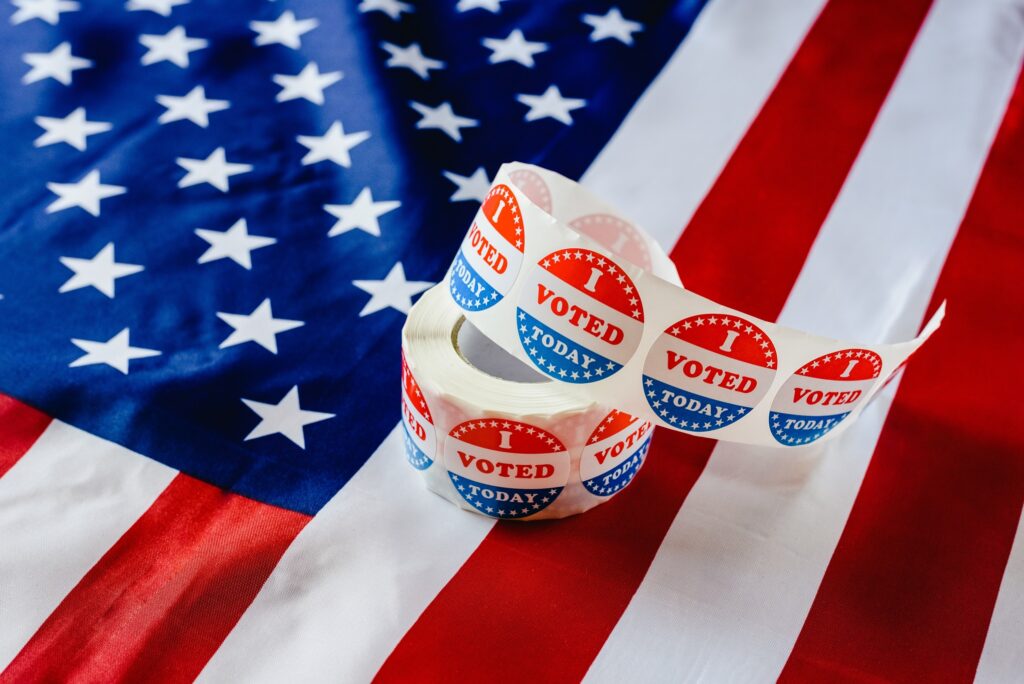How a border-adjustment tax would hurt Louisiana’s insurance market
Louisiana already has some of the highest property insurance rates in the nation. But they could creep higher still—an estimated $1.11 billion higher over the next decade—should congressional tax-reform efforts limit insurance companies’ ability to use reinsurance, which is how the insurance industry pools the risk of very large disasters around the globe.
That estimate comes from a new report jointly published by the Pelican Institute and the R Street Institute on the impact of a border-adjustment tax, or BAT, which House Republicans have proposed as part of their “Better Way” tax-reform plan. Under a border-adjustment tax, corporations pay tax on domestic sales, but not international sales, and are allowed to write off the cost of goods and services bought from other U.S. companies, but not those purchased from abroad.
Reinsurance—or insurance for insurance companies—is by its nature an international business.
The global reinsurance market looks for uncorrelated risks from all over the world, bundling together the risk of earthquakes in New Zealand, flood in the United Kingdom, tsunamis in Japan and hurricanes in Louisiana, with the knowledge that all of those huge disasters are unlikely to occur all at once.
Should Congress adopt the border-adjustment tax—or similar proposals like a reciprocal tax, territorial tax, a discriminatory tax on insurance affiliates or a minimum tax—it would affect insurers’ ability to use reinsurance to spread risk globally. This would disproportionately harm consumers in states like Louisiana, where the threat of a major disaster always looms. In 2016, Louisiana accounted for $1.23 billion in insured catastrophe losses, the third highest total of any state in the nation.
Indeed, Louisiana’s insurance market is still recovering from the effects of Hurricane Katrina, which at $49 billion in insured losses was the costliest catastrophe in U.S. history. In the wake of 2005’s Katrina and Rita, many home insurance companies left or scaled back their exposure in the state. Within a few years, the taxpayer-backed Louisiana Citizens Property Insurance Corp. was writing coverage for more than one out of every 10 homes in the state. It took nearly a decade—and diligent work by state lawmakers and regulators—for competition to return and Citizens to shrink to a more manageable size. But the impact of a BAT could reverse that progress in a hurry.
It’s not just home insurance that would feel the effects of punitive taxes on international reinsurance. Louisiana relies heavily on foreign insurance and reinsurance for the oil and gas industry, including $6.9 billion of commercial property insurance coverage provided by the industry’s Bermuda-based “captive” insurance company. Of the 40 insurance companies to report losses from 2010’s Deepwater Horizon disaster, 16 are based in Bermuda, 13 are European, nine are American, one is Australian and one is Japanese. Losing the capital these global insurers and reinsurers bring to Louisiana could cripple the state’s most important industry.
With the United States having among the highest corporate income tax rates in the developed world, there is no question that tax reform is necessary. But lawmakers in Congress should bear in mind that, if they want to impose a system like a border-adjustment tax, they should exempt insurance and other financial services. That’s what done in nearly all of the 160 countries that use the value-adjusted tax, or VAT, which like the BAT taxes imports, but not exports. That’s because they recognize such a tax would have the effect of destroying capital and hurting economic growth.
Apply a BAT to reinsurance also would concentrate catastrophe risk within the United States, which would also increase prices. Tax reform is welcome and necessary, but it shouldn’t come at the expense of a state that already pays more than its fair share for insurance.
Image by boreala






